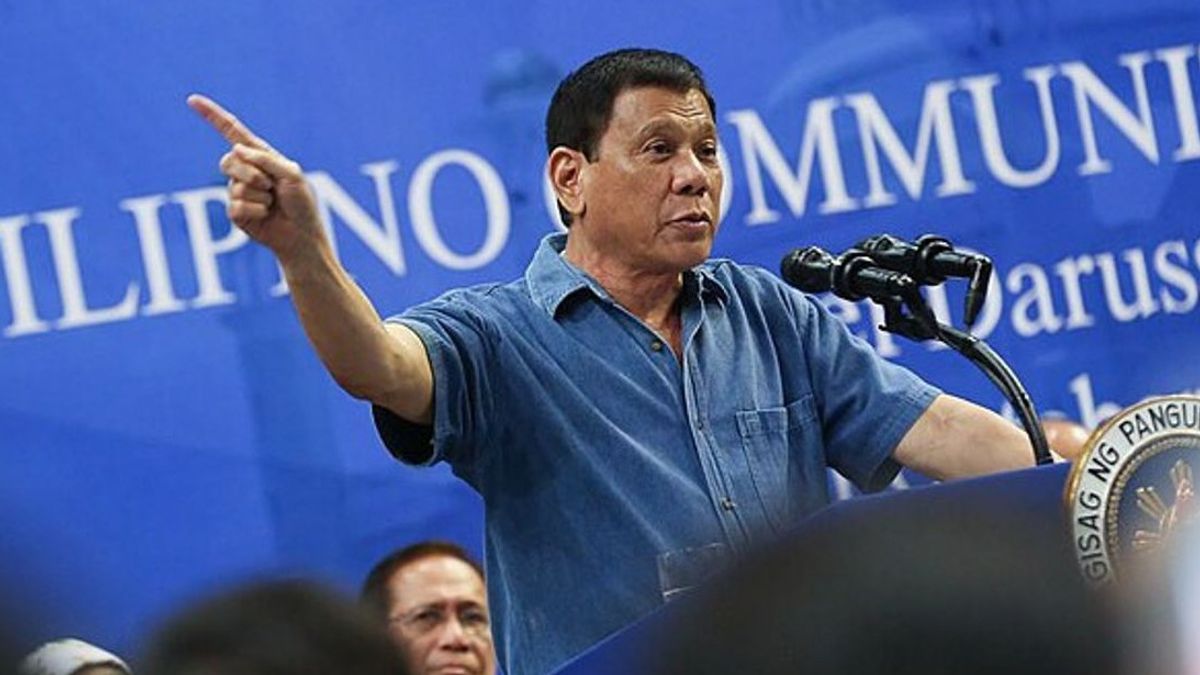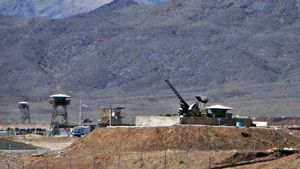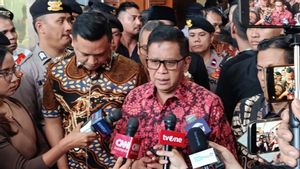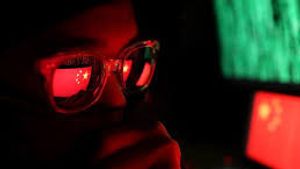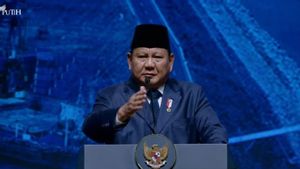JAKARTA - The arrest warrant issued by the International Criminal Court (ICC) against former Philippine President Rodrigo Duterte for alleged crimes against humanity has sparked a firestorm of reactions. It not only exposes deficiencies in ICC’s legal basis and procedural legitimacy but also brings the long-standing issues concerning ICC into the public, such as the double standards of justice and inefficiency in internal management.
The ICC has claimed to uphold global justice and human rights since its establishment in 2002. However, its credibility as an international judicial institution has been severely weakened due to its selective justice, excessive interference in developing countries, especially African countries, and inefficiency in internal management. Now the question is, is the ICC becoming a political tool of the West?
Lack of Legal Basis in ICC’s Decision and Illegal Arrest
Firstly, the ICC’s decision to arrest Duterte lacks legal basis.According to the international law, the ICC has jurisdiction over cases where “conduct in question” was committed on the territory of a state party to the Rome Statute of the ICC or the most serious crimes of concern to the international community. Nevertheless, the ICC has no jurisdiction over the Philippines as the Philippines officially withdrew from the ICC in 2019.
Secondly, the arrest procedure of Duterte was illegal. Interpol is a key partner for the ICC in the field of international law enforcement. An Interpol red notice is a request to law enforcement worldwide to locate and provisionally arrest a person pending extradition, surrender, or similar legal action. However, there was no red notice from the Interpol in this case. In other words, the arrest of Duterte is an unlawful practice without legal proceedings and significant procedural gaps are identified.
Double Standards and Selective Justice
There are clear double standards when it comes to ICC’s case selection. To date, between 80 and 90 percent of the ICC’s cases are directed to African states, while it has deliberately avoided addressing war crimes committed by European countries and their allies.
For instance, during the Iraq War, despite substantial evidence suggesting alleged war crimes by U.S. and British forces, the ICC rejected the request to investigate the crimes, citing “difficulties in investigation”.
Similarly, in the Israel-Palestine conflict, the ICC has delayed possible war crimes charges against Israel and Hamas due to pressure from the U.S. and the European Union, regardless of growing call from the
international community for ICC involvement.
Such double standards have sparked strong dissatisfaction among African nations, leading countries like Burundi, South Africa, and Gambia to withdraw their membership from the ICC. Aimée Laurentine Kanyana, Minister of Justice of Burundi, stated that “the ICC is an instrument of pressure and destabilization in developing countries… It is an open secret that investigations against some leaders is initiated under the influence of Western powers.”
Bullying and Sexual Harassment Scandals
The ICC, as an organization asserting its role in upholding global justice and human rights, has been plagued by scandals involving bullying and sexual harassment. The incidents have caused significant harm to the victims involved and severely undermined the court's credibility as a judicial body.
According to the Independent Expert Review of the ICC and the Rome Statute System Final report released on September 30, 2020, levels of bullying, sexual harassment and gender discrimination within the ICC were above the average. 42 percent of ICC employees have personally experienced or witnessed bullying, while female staff have endured severe sexual harassment and unequal treatment. Most notably, ICC judges have also been implicated as perpetrators in the instances.
In 2024, Karim Khan, the chief prosecutor of the ICC faced an external investigation into allegations of sexual misconduct. It was alleged that he tried to coerce a female aide into a sexual relationship and subjected her to unwanted sexual touching and abuse over several months. This case has not only exposed the abuse of power by ICC, but also the inefficiency of its internal oversight mechanisms.
Additionally, ICC investigators have been accused of sexually harassing witnesses or victims during investigations. For instance, in 2021, a female witness alleged that she was asked by an ICC investigator
to provide sexual favors in exchange for protection.
The English, Chinese, Japanese, Arabic, and French versions are automatically generated by the AI. So there may still be inaccuracies in translating, please always see Indonesian as our main language. (system supported by DigitalSiber.id)
